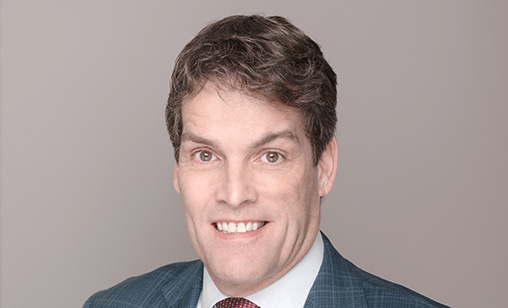Industry Insight Special Report
Addressing region’s demand for turboprop MRO
August 1st 2025
One of the world’s leading providers of aircraft propeller blade overhaul and repair services, Aircraft Propeller Service (APS), which opened a facility in Subang, Malaysia last June, is planning to expand in the region to meet demand for regional turboprop MRO. Read More »
With facilities in Chicago and Sao Paulo APS is the licensed propeller overhaul facility for Collins aerospace propeller systems in the Americas and Asia.
 |
The decision to expand into Asia was prompted by the booming order book for aircraft from European planemaker ATR, the world number one manufacturer of new generation turboprops up to 78 seats.
APS chief executive, Daniel Colbert, said the potential growth of the region’s turboprop fleet is huge. “The turboprop fleet is roughly 800 now and almost 500 of them are ATRs. Looking at the next 20 years, that is more than 1,000 ATRs.”
For example, ATR has a big order book in India, up to 100 airplanes. They also are flying in Indonesia, New Zealand, Australia and elsewhere. “As I tick them off - Taiwan, Korea, Japan - everybody seems to be adding ATRs,” he said.
Setting up in Malaysia was decided after consideration of potential locations including Indonesia and Thailand. Malaysia checked a lot of boxes, Colbert said.
“It was central to the region, with labour force, cost balance, access to the customers – and Malaysia has a pretty stable economy. We are very happy with our decision”, he said.
The technical workforce at Subang is 100% local and trained in Brazil and the U.S. One of the incentives for APS was the Malaysian government commitment to pay up 50% of some training costs.
While the propeller system business is the “foundational operational capability” at Subang, Colbert said there are plans to diversify beyond the core business. “We feel we have a facility [at Subang] that has a lot of room physically for expansion, he said.
“We are working with a number of OEMs, in addition to Collins, on other capabilities. So, number one, we will grow and add to our capability in Malaysia.
“Then number two, we have talked about India a little bit and are working on the business case for a satellite shop we would like to open there.
“But Kuala Lumpur will be our centre of excellence for the region. It is where we will maintain the highest level capability.
“It has not been plain sailing. Like other sectors of the aerospace industry there have been supply chain issues.”
As an example, Colbert said APS has had difficulties securing parts from Collins. “People have parked aeroplanes because they can’t get parts and they can’t fly planes. They end up cannibalising planes to keep other planes flying,” he said.
The key component is the propeller hub that the blades are attached, “They are extremely difficult to find. If you do locate one, I have heard people paying up to four times the list price for the part,” he said.
“It’s a critical component. It’s the alloy: it’s the steel, it’s machined and they have had incredible difficulty ramping back up post COVID.”
However, Colbert is confident about the future of APS in Asia. “We have already received our first couple of blades. It’s been a great journey, the 12-14 months to open Subang. We are really invigorated by it and excited.”
For Asia’s operators the benefits APS Subang offers is reduced turnaround time, minimising of supply chain and shipping costs of components because there is no need to send parts to overseas shops for repair.